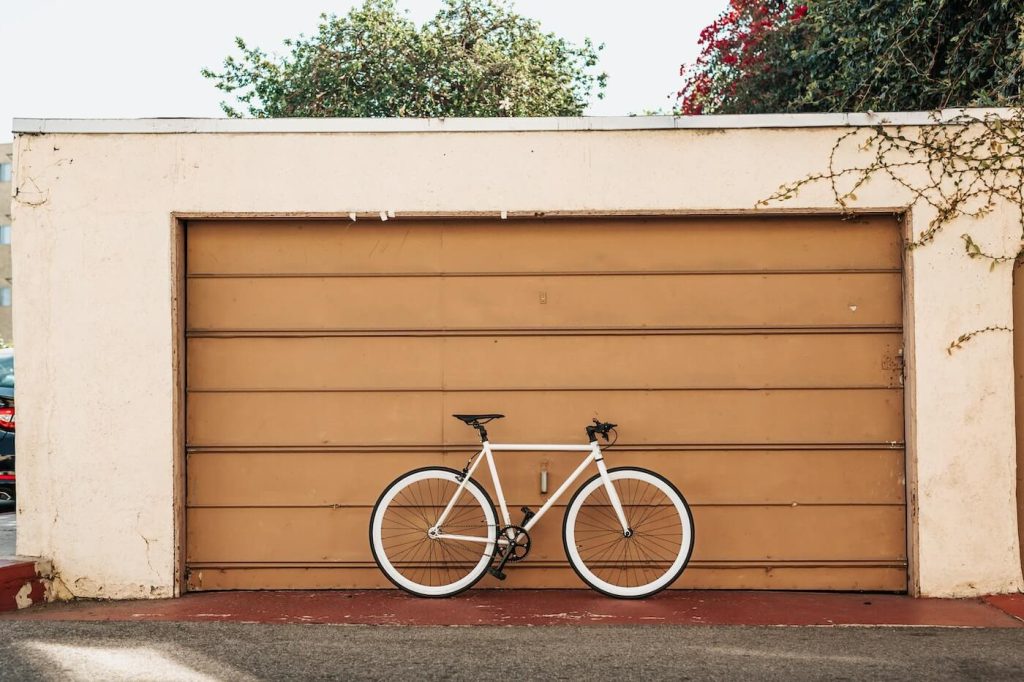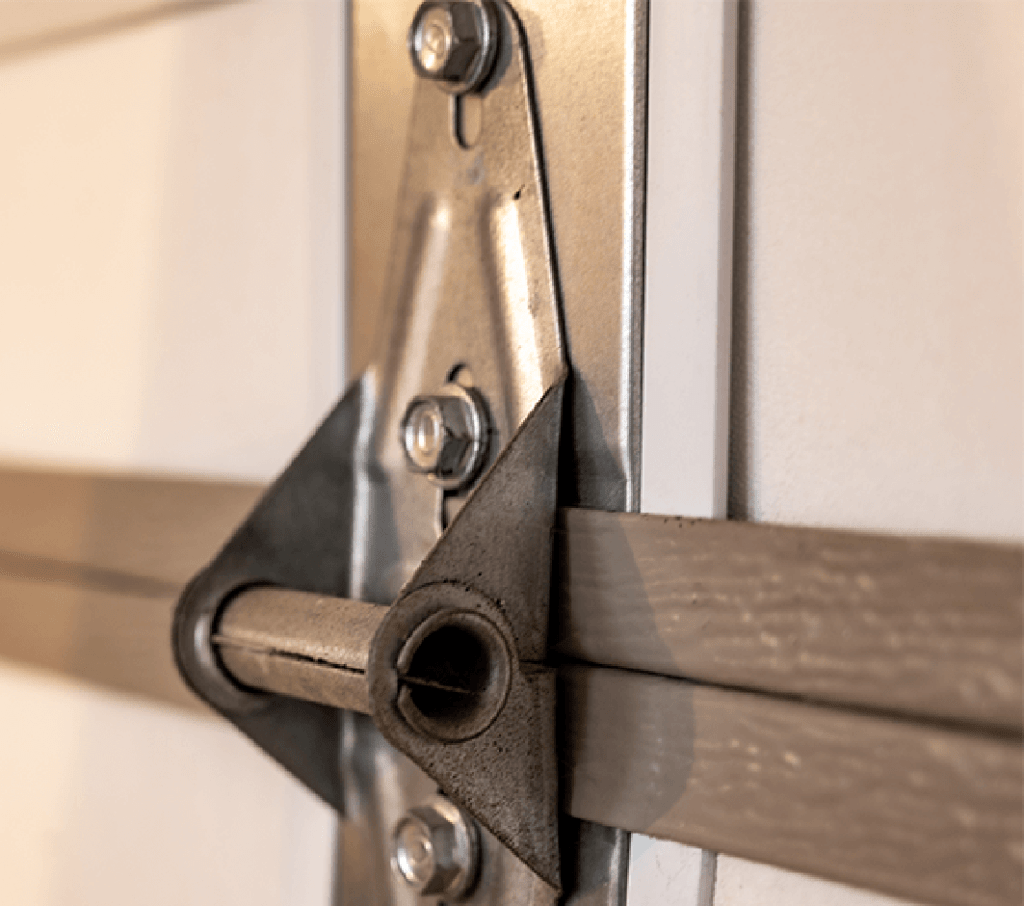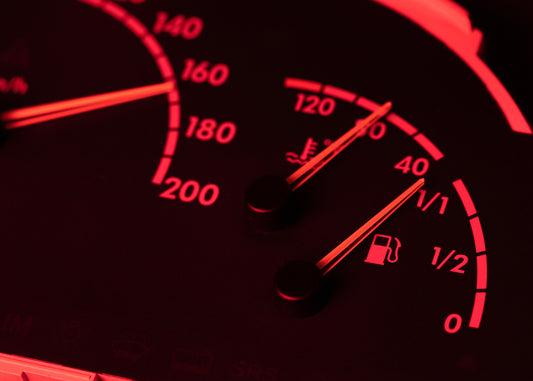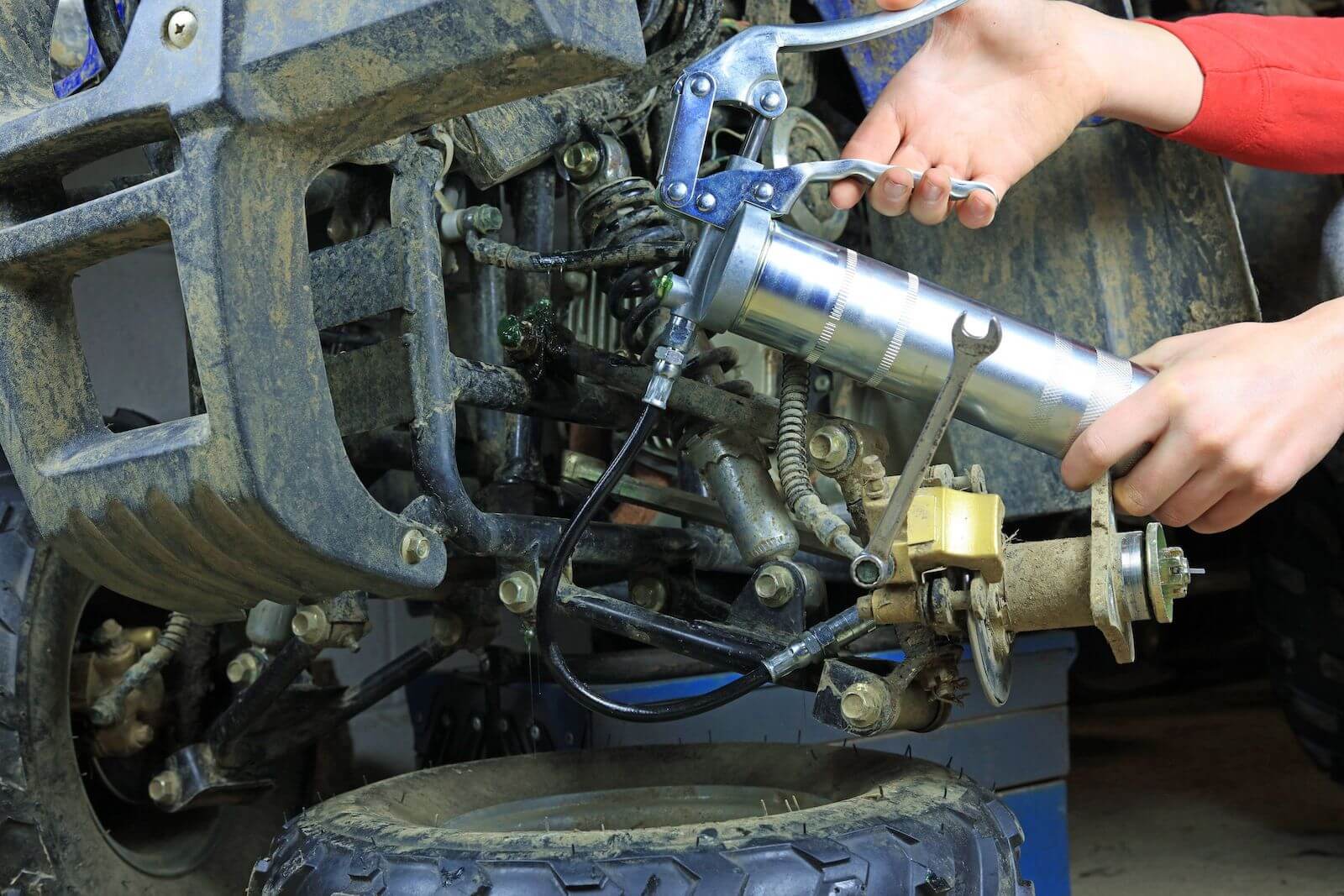Life is full of sound. Some sounds are enjoyable like a good musician practicing their craft, the bellowing of laughter, the roaring of a crowd, or the singing of birds.
Other sounds are, well, an ear full-the honking of car horns, a barking dog in the middle of the night, the irritable squeak of a groaning door hinge, or the metal grinding of a garage door to name a few.
Some of the noise we live with can’t be quieted, but some of the most irritable sounds can be silenced with a little bit of oil and a little bit of know-how. Today we are looking at silencing the most annoying squeaks, rattles, and creaks found around a household.
Spoiler alert: We have no solution for whining kids, barking dogs, or the late-night drag races that happen on your street. We will, however, be addressing squeaking, creaking, and grinding garage doors, banging cabinet doors, whistling furnace vents, and vibrating washers and dryers.
Let’s start with the loudest noise in the house, the one that jolts you awake when you are leaving and welcomes you home at night — the garage door.
The Garage Door
Garage doors are notorious for making awful sounds and not just one type of sound-garage doors make the whole spectrum of annoying and cringe-worthy sounds. Grinding, squeaking, squealing, and banging are some of the sounds a garage door can make, but not to worry the fix is easy and your garage door can be gliding open and closed in a matter of minutes.

The solution for fixing a loud garage door is lubrication. The hard thing is getting all the correct parts lubricated and not creating a mess.
So first let’s identify the parts that need to be lubricated:
1. Garage Door Hinges
These are located on every panel and are often the source of squeaking and squealing. These need to be oiled on the round

We recommend Wagner Universal Ceramic Spray and Chain Lube it is clear in color, it won’t make a mess, is very tacky so it won’t fall off, and lasts forever. You will need to apply this half as often as traditional garage door lubricants.
The hinges on the outside edges of the garage door will have wheels on them that follow in the door track, giving these a shot of lubricant as well.
2. The Garage Door Spring
This is located at the top of the garage door when the garage door is closed. You will need to spray the spring (there may be two depending on the garage door) with a long-lasting lubricant to protect the spring from corrosion and allow it to expand and contract without making noise.
Again, Wagner Universal Ceramic Spray and Chain Lube is the preferred lubricant because it won’t evaporate or drip off.
Tip: Hold a piece of cardboard behind the spring when you spray it to prevent any lubricant from getting on the wall.
3. Garage Door Opener Chain
The opener chain on the garage door will also need to be oiled. Use Wagner Universal Ceramic Spray and Chain Lube on this as well (a pretty handy lubricant to have as it works on almost anything) and again hold a piece of cardboard behind the chain to limit any overspray from the lubricant.
Make sure you don’t miss any of the hinges, springs, or chains because if you do, your garage door may still squeak.
Cabinet Doors
Moving from the garage to the kitchen we find the second loudest noise in the house-Kitchen Cabinet doors. Kitchen cabinet doors that bang shut are the second loudest undesirable noise in a house and a sure way to wake someone up on the wrong side of the bed.

So, to keep family tension low and everyone in a good mood it is a great idea to quiet down those cabinet doors. The easiest way to quiet up a cabinet is to install foam or felt door stops on the inside edge of the cabinet doors.
These door stops are soft on one side and stick on the other so all you need to do is stick them on the back of the cabinet door where it closes against another wood surface. We recommend installing felt door stops on the two-door corners that are farthest away from the door hinge.
Once installed the cabinet door will no longer close with a bang, but rather a gentle bump.
Tip: If the cabinet door hinge squeaks give it a small shot of Wagner Universal Lubricant Spray and Chain Lube to stop the squeak and extend the life of the hinge!
Furnace Vent
While in the kitchen you may also hear a whistling sound and it’s NOT the teapot but rather the furnace vent.
A whistling furnace vent can come from two different sources. The first source is a bent fin on the register cover. To fix this simple issue use pliers or wide mouth vice grip to straighten the bent fin and stop the whistling.
The second source may require an HVAC specialist depending on how well you know your furnace. A clogged or partial obstructed furnace filter can cause whistling as well and can be quickly remedied by changing the furnace filter.
We recommend doing this every fall so you don’t have any issues going into winter.
Tip: If you do hire an HVAC specialist it can be a good idea to have him show you how to install a new furnace filter so you can take care of it next year. Changing it yourself can be a quick easy way to save a couple of bucks.
Washers and Dryers
While the furnace can definitely be a noise maker in a house it is not the only appliance on the list of annoying noise makers. Washers and dryers also make the list. These two appliances save us huge amounts of work but they are also pretty good at making noise.
The most common noise from a dyer comes from washing clothes with a couple of nickels and quarters in your pockets, but we think you know how to fix that one so we are going to address how to stop a washer or dryer from making a vibration noise throughout your whole house.

Both washers and dryers spin or rotate at high speeds and this can cause the appliance to make a vibrating noise, but don’t worry this is quickly resolved.
Take small rubber blocks (these are available at most appliance stores just for this reason) and place them under the feet of your washer or dryer. These rubber blocks will absorb a lot of the vibration from the washer or dryer and nearly stop the noise completely, keeping your house calm and quiet (if you followed our other tips as well).
If you can’t find rubber blocks that are made for this, you can use small pieces of foam or rubber cut from an old yoga mat or even an old basketball or volleyball!
Final Words!
We hope you take advantage of these tips to quiet down your home this year. Not only will it make your home quieter, but you might also find yourself better rested and a little less on edge after the unwanted noise is reduced.
As for the whining kids, barking dogs, and loud cars, well, you could also just wear earplugs, but we must warn you—Blocking out all sounds might not win you any points with your significant other.








